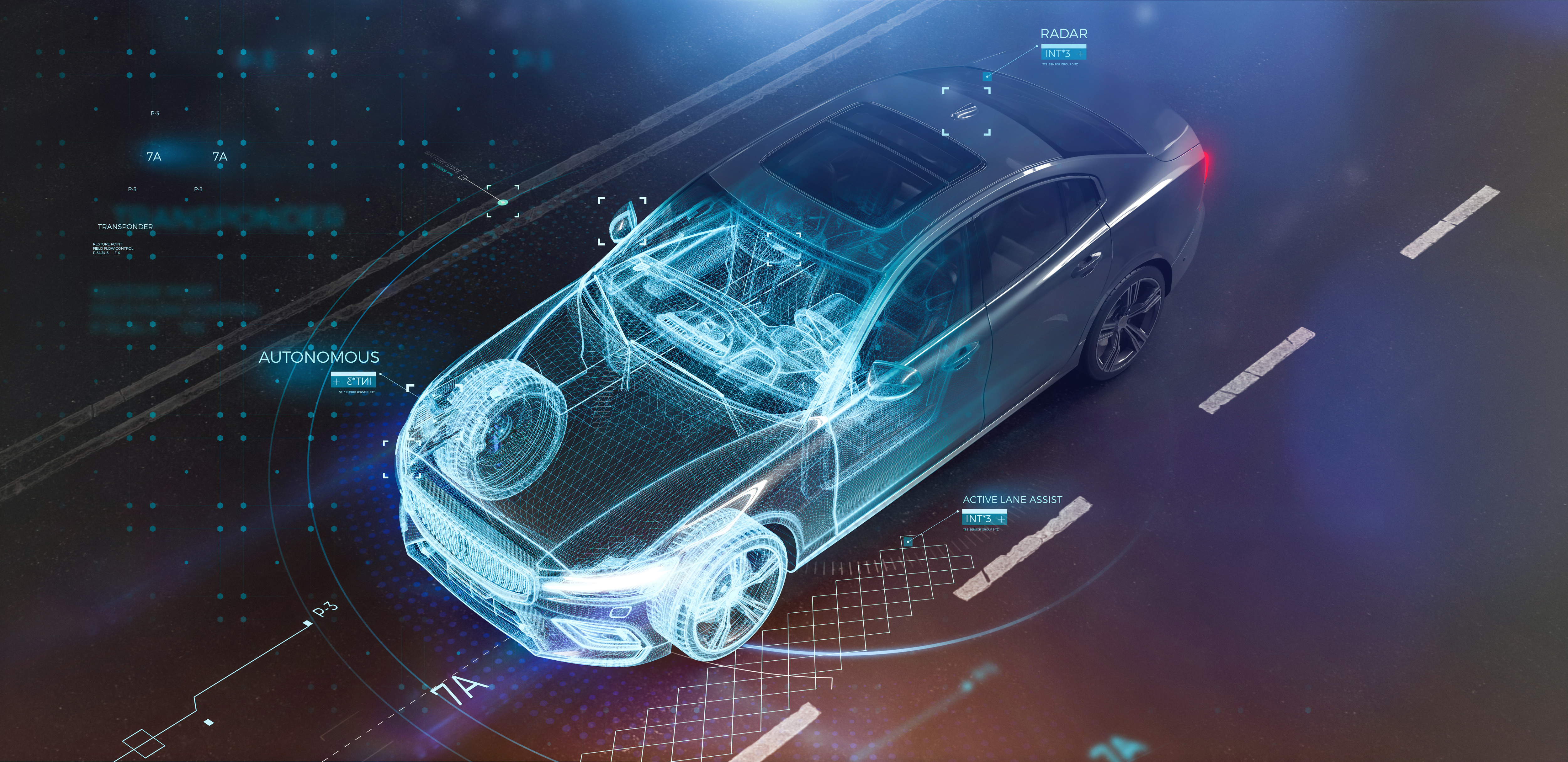
The automotive landscape is undergoing a monumental shift, and at the heart of this transformation are electric vehicles (EVs). With their promise of eco-friendliness, lower operating costs, and futuristic technology, it's no wonder that more and more people are considering making the switch to an electric ride. But before you take the plunge into electrification, let's explore everything you need to know before buying an electric vehicle.
1. Understanding the Basics of Electric Vehicles
Electric vehicles are propelled by electric motors, powered by electricity stored in batteries. Unlike traditional gasoline cars, they produce zero tailpipe emissions, making them environmentally friendly and contributing to cleaner air quality.
2. Types of Electric Vehicles
There are three main types of electric vehicles:
Battery Electric Vehicles (BEVs): These run entirely on electricity and do not have an internal combustion engine. How do they charge? Well, you plug them into an outlet just like a toaster!
Plug-in Hybrid Electric Vehicles (PHEVs): PHEVs have both an electric motor and a gasoline engine. They can be charged via an outlet and also have the option to run on gasoline when the battery is depleted severely.
Hybrid Electric Vehicles (HEVs): While not fully electric, these vehicles use a combination of gasoline and electricity to power the vehicle. If you want to simplify their explanation, you can say that they are normal cars with a much bigger battery.
3. Range and Charging Considerations
Range anxiety, the fear of running out of battery power, is a common concern for potential EV buyers. However, modern EVs have made significant advancements in battery technology, offering competitive ranges. Furthermore, a lot of shops, workspaces, and parking lots have charging stations so you are not left stranded in the middle of getting home!
4. Charging Infrastructure
Charging an EV is different from refueling a traditional car. It's important to know the types of charging stations available:
- Level 1 Charging: This involves plugging your EV into a standard household outlet. It's the slowest charging option and is best suited for overnight charging.
- Level 2 Charging: These charging stations provide faster charging, usually found in public locations, workplaces, and homes. They require professional installation.
- DC Fast Charging: The fastest option, DC fast chargers are usually located along highways and major routes. They can charge an EV to around 80% in a relatively short time but a lot of people say that it decreases the battery heath.
5. Financial Advantages
Many governments offer incentives to encourage EV adoption. These incentives might include tax credits, rebates, or reduced registration fees. Research the incentives available in your region to understand the potential cost savings. While the initial investment is quite big, the benefits and cheap transport you get for that price quickly balance things out - they also have fewer things to service and maintain!
7. Environmental Impact
Driving an electric vehicle significantly reduces greenhouse gas emissions and air pollutants. By choosing an EV, you're contributing to a greener future and reducing your carbon footprint. But don't forget that you are still using power from the outlet so it isn't exactly zero emissions if you think about it.
EV and Hybrid Auto Service in Denver, CO!
If you don't know a reputable and trustworthy repair shop for all of your hybrid or EVs needs, make sure to contact us at Mancinelli's Auto Repair Center! We want to make sure that every component of the complex systems that drive your vehicle are all ready for the road so you are as safe as possible!